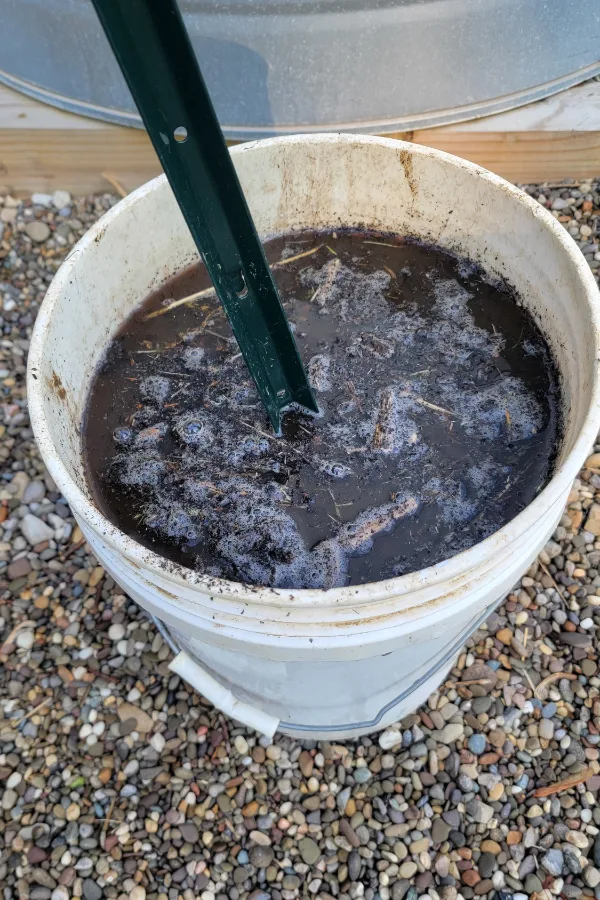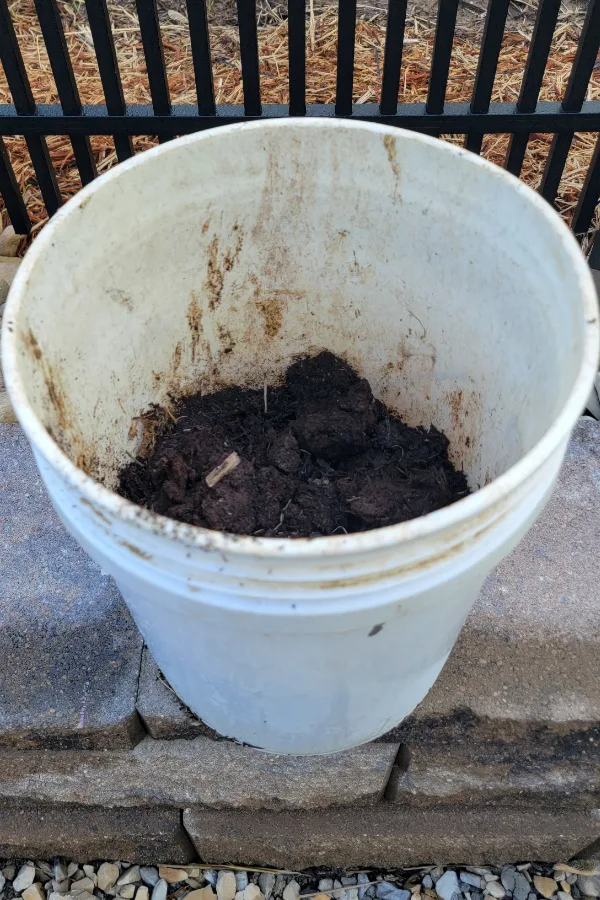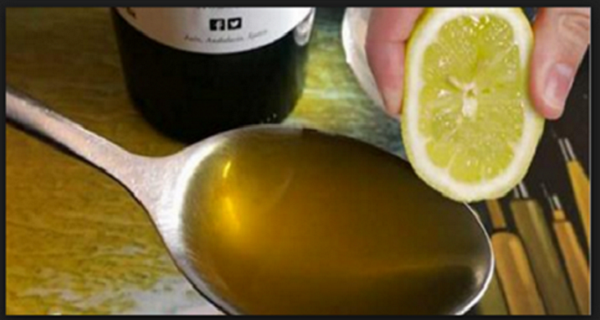Ad Blocker Detected
Our website is made possible by displaying online advertisements to our visitors. Please consider supporting us by disabling your ad blocker.
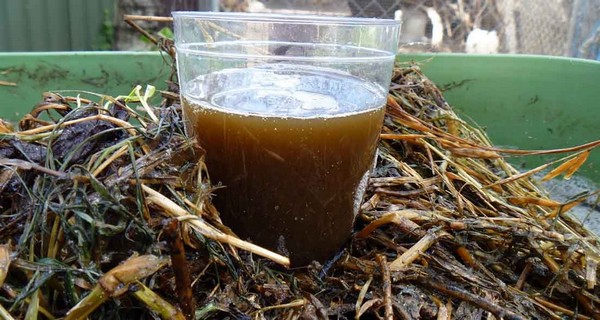 There’s no more natural and cost-effective way to nourish your plants than with homemade compost tea. With just compost and water, you can create this organic elixir without any special tools or expenses. Compost tea is truly enchanting. Crafted from a simple blend of compost and water, it stands as a testament to natural efficacy. This brew isn’t just beneficial for annuals, vegetables, and herbs; it’s also a fantastic tonic for perennials, shrubs, and even trees.The secret behind compost tea lies in its dual-action nourishment. As the liquid seeps into the soil, it delivers essential nutrients directly to the plant’s roots. Additionally, when applied to the leaves, it offers a boost of energy, enhancing the plant’s overall vitality.
There’s no more natural and cost-effective way to nourish your plants than with homemade compost tea. With just compost and water, you can create this organic elixir without any special tools or expenses. Compost tea is truly enchanting. Crafted from a simple blend of compost and water, it stands as a testament to natural efficacy. This brew isn’t just beneficial for annuals, vegetables, and herbs; it’s also a fantastic tonic for perennials, shrubs, and even trees.The secret behind compost tea lies in its dual-action nourishment. As the liquid seeps into the soil, it delivers essential nutrients directly to the plant’s roots. Additionally, when applied to the leaves, it offers a boost of energy, enhancing the plant’s overall vitality.
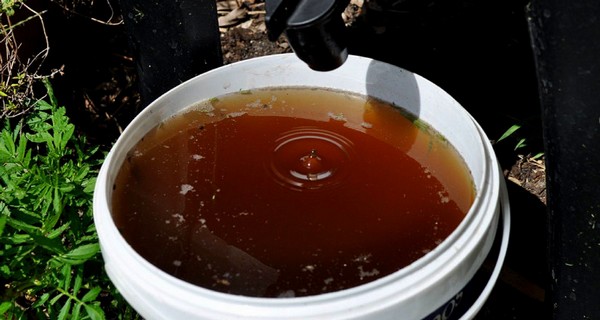
How To Make Compost Tea With Ease – And How To Use It Like A Pro!
The Power Of Compost – And Compost Tea!
Compost is a treasure trove of nutrients, transformed through slow decomposition into a rich, aromatic substance often dubbed “Black Gold” by gardeners.
From essential elements like Nitrogen, Phosphorus, and Potassium to Calcium, Magnesium, and Sulfate, compost is packed with the vital nutrients plants crave for robust growth and productivity. This nutrient-rich profile makes compost an invaluable addition to planting holes, supercharging plants from the get-go.
When compost is steeped in water, these meticulously balanced nutrients seep into the liquid, creating a potent, 100% organic liquid fertilizer that acts swiftly to nourish plants.
What truly elevates compost tea is its simplicity and accessibility. With just a compost pile and a source of fresh water, anyone can whip up this powerhouse fertilizer at home, completely free of charge!
The Easiest Way To Make Compost Tea At Home
We’ve been brewing our own compost tea at home for over a decade now, and contrary to some online claims, you don’t need any specialized equipment or aerating pumps to produce a potent fertilizer.
Our brewing setup is delightfully straightforward: a 5-gallon bucket, a stir stick, a strainer, some compost, and water are all we use. While pumps and aerating tubes can certainly be employed for the process, the basic method of letting compost steep in water for a few days and giving it a stir now and then yields equally impressive results. Plus, it’s a much simpler and cleaner approach.
We can vouch for the efficacy of this uncomplicated method, as we’ve seen our plants thrive year after year, reaching impressive heights with the help of our homemade compost tea.
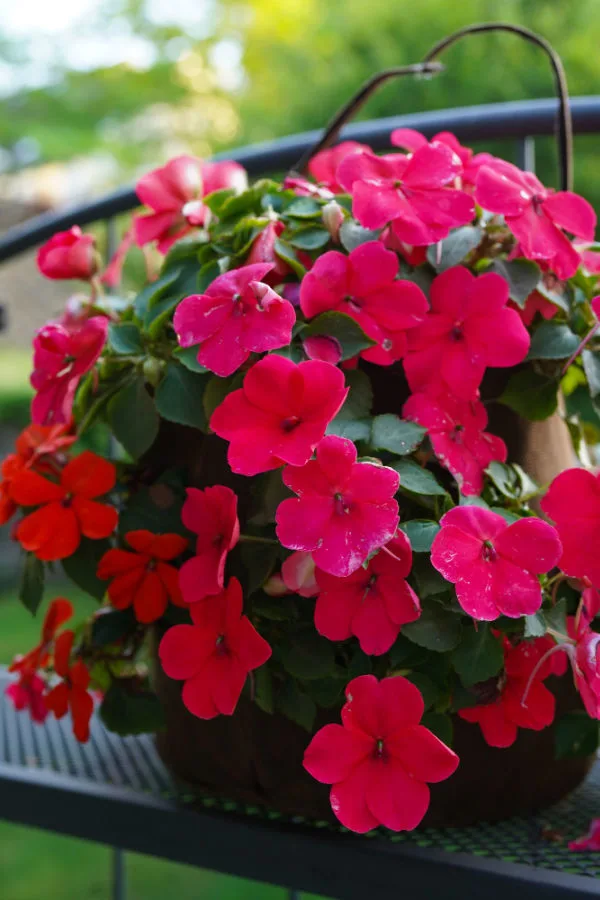
Considering this, let’s explore how to craft your own potent compost tea and learn the ideal methods and timing for using it to energize your vegetable garden, flowerbeds, hanging baskets, and container plants!
The Method – How To Make Your Own Compost Tea At Home
To make your compost tea, start by filling a 5-gallon bucket one-third full with fully matured compost. Mature compost is preferable as its nutrients are fully decomposed, allowing them to readily and effectively blend into the water.
If you don’t have access to homemade compost, commercial bagged compost can also be used. The essential factor for brewing quality compost tea is to ensure that whatever compost you use is pure and 100% fully matured. (Affiliate Product Link : Charlies Bagged Compost)
Once you have the compost in the bucket, fill it with water to within an inch or so of the top of the bucket. It is important to use well water or distilled water.
Regrettably, municipal water often contains chlorine and other chemicals that can disrupt the nutrient balance in compost tea. In some instances, these chemicals can also harm the plants when applied. Water from a water softener can have similar effects.
Collecting rainwater provides an excellent alternative to well or distilled water. We’ve been using rainwater from our tanks for years to brew our fertilizer teas and find it to be a fantastic choice.
The Waiting & Stirring Game – How To Make Your Own Compost Tea At Home
After filling the bucket with compost and water, use a stirring stick to mix the contents thoroughly for a few minutes. This action helps to release the nutrients from the compost into the water, much like steeping a tea bag to enhance the tea’s flavor.
Continue stirring the mixture several times a day for a duration of five days. Each stir aids in further nutrient release. Some compost tea enthusiasts recommend using an aerating pump to maintain water activity during this period.
To be frank, we’ve experimented with both methods multiple times and have never observed any noticeable difference in the potency or quality of the resulting compost tea. Both approaches yield effective results, but we find the straightforward stirring method to be the most practical choice for us!
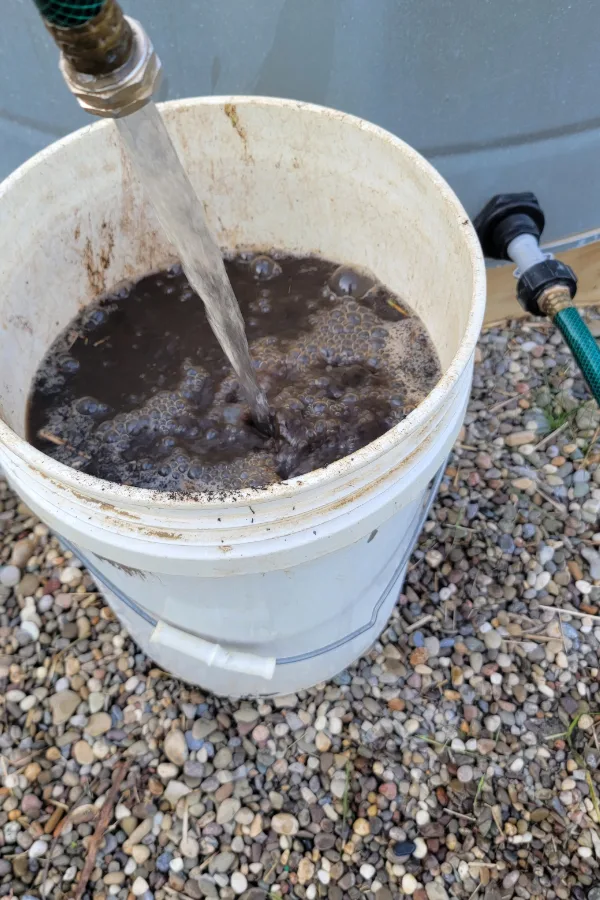
Where & How To Use
As you’ll discover below, compost tea can be applied to a diverse range of plants throughout your landscape. You can store the tea for several months in a sealed container. In our experience, it tends to get used up quickly, so longevity isn’t usually an issue.
When storing, place the container away from direct sunlight and keep it sealed to preserve as many nutrients as possible and prevent evaporation. Now that you’re equipped to fertilize, let’s explore some of the top locations and methods for application!
Vegetable Plants
